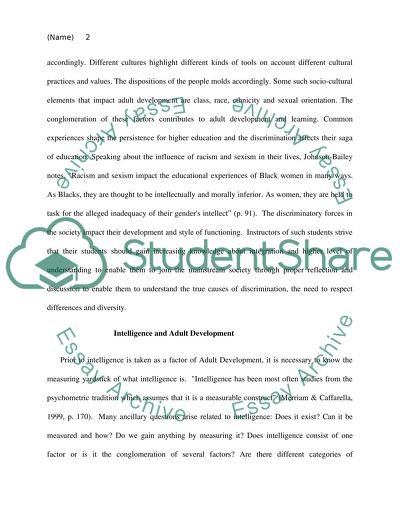Cite this document
(“Motivating Adult learners/ in the paper what i learn about adult Essay”, n.d.)
Motivating Adult learners/ in the paper what i learn about adult Essay. Retrieved from https://studentshare.org/miscellaneous/1632464-motivating-adult-learners-in-the-paper-what-i-learn-about-adult-learning
Motivating Adult learners/ in the paper what i learn about adult Essay. Retrieved from https://studentshare.org/miscellaneous/1632464-motivating-adult-learners-in-the-paper-what-i-learn-about-adult-learning
(Motivating Adult Learners/ In the Paper What I Learn about Adult Essay)
Motivating Adult Learners/ In the Paper What I Learn about Adult Essay. https://studentshare.org/miscellaneous/1632464-motivating-adult-learners-in-the-paper-what-i-learn-about-adult-learning.
Motivating Adult Learners/ In the Paper What I Learn about Adult Essay. https://studentshare.org/miscellaneous/1632464-motivating-adult-learners-in-the-paper-what-i-learn-about-adult-learning.
“Motivating Adult Learners/ In the Paper What I Learn about Adult Essay”, n.d. https://studentshare.org/miscellaneous/1632464-motivating-adult-learners-in-the-paper-what-i-learn-about-adult-learning.


